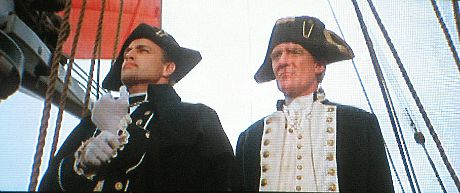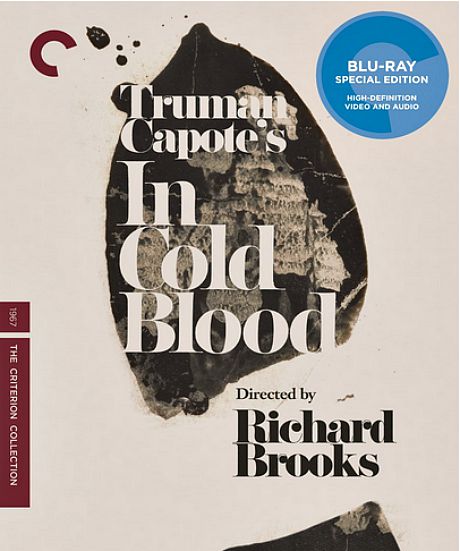Early this morning First Showing‘s Alex Billington tweeted that “this time next week, I’ll be waking up in the mountains getting ready to see some of the best films all year @ the Telluride Film Festival.” I’m excited also, but I can’t share in AB’s cherubic attitude. TFF is a sublime place to see films, for sure, but from a filing standpoint it’s a bear. The hot films don’t really begin showing until after the patron’s picnic (or around Friday at 2:30 pm), and most people have to head back around noontime on Monday so in practical terms it’s really a three-day festival, and if you need Monday morning to file and pack it lasts 2 and 1/2 days.

The following 14 films are presumed (i.e., not confirmed) to be playing TFF within that narrow time frame: Steve Jobs, Suffragette, Black Mass, Spotlight, Son of Saul, Beasts of No Nation, Carol, Amazing Grace, Marguerite, Charlie Kaufman‘s Anomalisa (probably), He Named Me Malala (maybe), Room, Hitchcock/Truffaut. There will probably be another one or two added so let’s call it 15. That means having to see a minimum of three films on Friday, five on Saturday and five on Sunday for a total of 13 — obviously missing one or two. And then maybe one final screening on Monday morning before driving back to Durango.
If I ignore Carol, Son of Saul and Hitchcock/Truffaut (which I saw in Cannes/Paris) and blow off Room (which I hear has problems) and Anomalisa (which I’m frankly not looking forward to), I’m down to 8, but I still can’t catch all those and tap out 8 seven-paragraph reviews between Friday afternoon and Monday morning. Maybe five or six.
So Telluride, for me, is basically a twitter festival with whatever writing I can squeeze in on the side in the early morning and late at night. Suggestions to Telluride guys: Start the festival on Thursday night as most people arrive that day, and show choice films on Friday morning for those who’d rather not attend the picnic.
I leave an hour before the crack of dawn on Thursday, 9.3. Burbank Airport to Phoenix to Durango plus the usual two-hour drive. Should be in Telluride by 3 or 3:30 pm. Dinner with friends that evening at La Marmotte at 8 pm.







